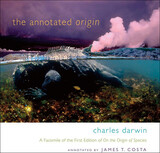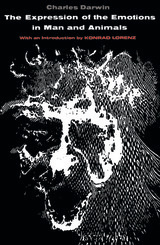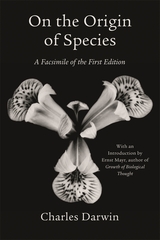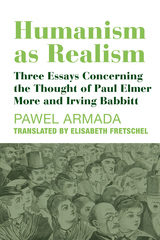


First published in 1974 as a companion volume to Darwin on Man by Howard E. Gruber, Paul Barrett’s transcriptions of Darwin’s M and N notebooks served to shed new light on the evolutionist’s methods and motivation.
According to Stephen Jay Gould in the New York Times Book Review, “Darwin kept [these notebooks] primarily in 1838, when he was 29 years old. In them, he recorded his early conviction of evolutionary continuity between humans and all other animals. . . . These notebooks display all the features of humanistic intellect that his detractors denied. We find erudition in his comments on Plato, Locke, Hume, Adam Smith, Whewell, Burke, Montaigne, Lessing and Spencer. . . . We appreciate an artistic bent in his delight with nature and her prophet Wordsworth. . . . We grasp the breadth of his bold attempt to clothe all human thought and behaviour in a new evolutionary garb. . . . Charles Darwin was reconstructing the world and he knew exactly what he was doing.”

It is now generally recognized that the publication of Darwin's Origin of Species in 1859 not only decisively altered the basic concepts of biological theory but had a profound and lasting influence on social, philosophic, and religious thought. This work is rightly regarded as one of the most important books ever printed.
The first edition had a freshness and uncompromising directness that were considerably weakened in subsequent editions. Nearly all reprints were based on the greatly modified sixth edition (1872), and the only modern reprint changes pagination, making references to the original very difficult. Clearly, there has been a need for a facsimile reprint. Professor Mayr's introduction has a threefold purpose: to list passages in the first edition that Darwin altered in later editions; to point out instances in which Darwin was clearly pioneering; and to call attention to neglected passages that show Darwin as a much deeper thinker than has been recognized. No one can fail to be impressed by the originality of Darwin's treatment and by the intellectual challenge his work presents even to the modern reader.
READERS
Browse our collection.
PUBLISHERS
See BiblioVault's publisher services.
STUDENT SERVICES
Files for college accessibility offices.
UChicago Accessibility Resources
home | accessibility | search | about | contact us
BiblioVault ® 2001 - 2024
The University of Chicago Press









